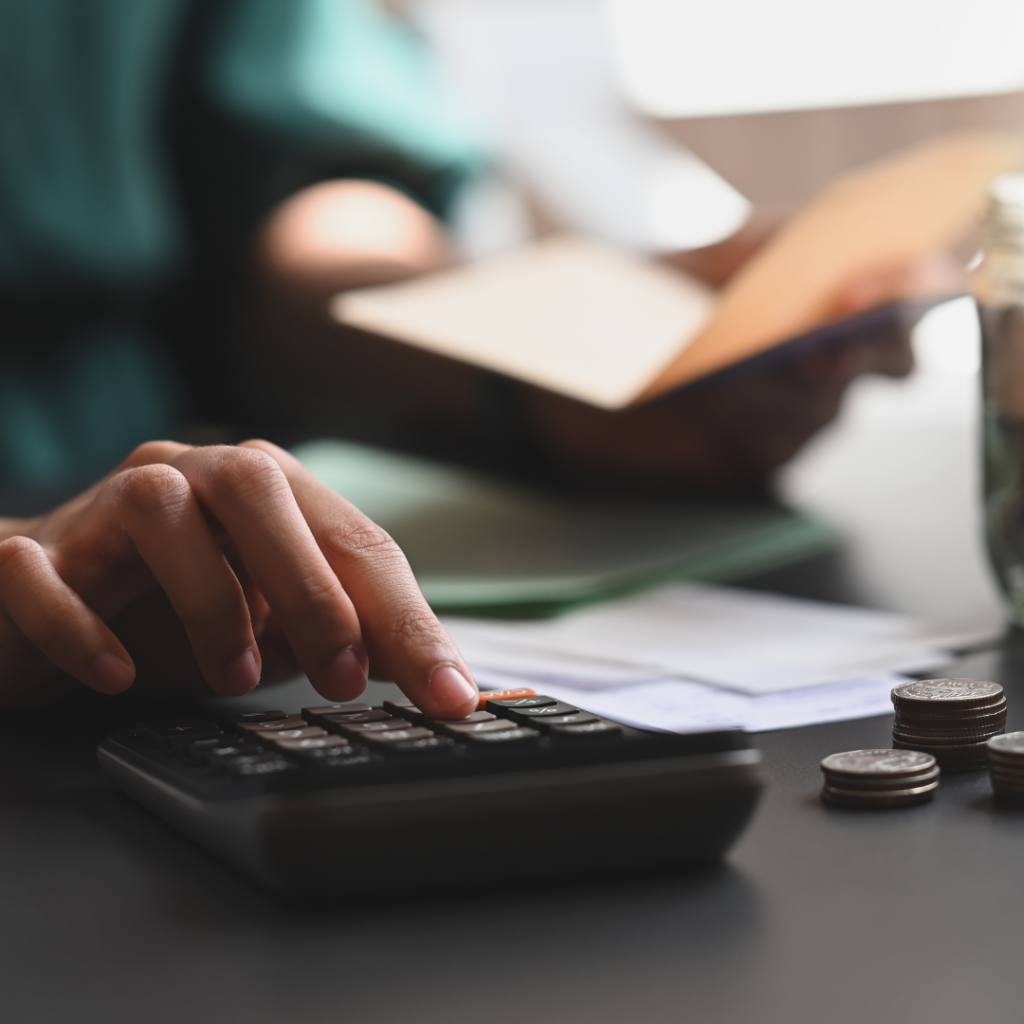I remember being in high school when the last major recession started. House prices tanked, people lost jobs, and gas prices rose. There are rumors that a recession is coming, or that we may already be in one, because a recession is two consecutive quarters that the national GDP is in decline. According to a new survey, 74% of Americans are worried about a possible recession.
What is a Recession?
Ok so first, what is a recession? Like I said, a recession is two consecutive quarters where the national GDP is going down. But what is the GDP? GDP stands for Gross Domestic Product which is a monetary measurement of the goods produced and purchased in a nation during each quarter.
Often people talk about a recession versus a depression. We think about seeing for sale signs, or store closing signs back in 2008, and how hard that was, but compared to the soup lines and homeless pictures from the Great Depression, those couldn’t be the same thing right?
There actually isn’t a difference between a depression versus a recession. A depression is a significant recession. There isn’t a set numerical difference. However, Go Banking Rates shares a comparison between the Great Depression in the 1930s and the Great Recession in 2008. The Great Depression experienced a loss of GDP of about 30%, and unemployment rates soared to about 25%. In the Great Recession, GDP only fell about 4.3% and unemployment was just over 9%.

What to Expect
So what are some things that happen during a recession or depression?
How to Prepare for a Potential Recession
Knowing that inflation is on the rise, and that the GDP experienced a dip the last quarter, how do we prepare now for a potential recession in our future?
Paying Debt
One important way to help improve our economic futures is to pay down our existing debts. Credit cards, loans, and mortgages don’t care if money is tighter than it was last year, those payments are going to stay there. Paying down debt can help you pay it off faster, or if you get ahead, you can use that to make your budgets more flexible. There have been times where we needed a little wiggle room in our budget one month, but because we were ahead on our payments, we paid less that month, or took a month off to help us have that flexibility that we needed. That could really help in upcoming months. For more debt repayment ideas, check out our tips here.

Save
If your debt payments are under control, or you are debt free (WHOO HOO!) another great way to protect yourself is to boost your savings. Having a little extra set aside to help get through difficult months. If you are still working on paying off debt, having a small emergency fund ($1000-1500) on hand can help us break the debt cycle. This money can go towards those unexpected bills, such as medical emergencies, the dryer going out, or other surprises the next few months may have.
Cut Expenses
Another way to help keep your budget in the black during a recession is to go through your budget and cut expenses. Go through your budget and see if you can find any of these things you could cut?
- Could you change companies for a better deal? (Internet, Car Insurance, Phone, etc.)
- Does your policy cover more than you need?
- Do you have multiple services doing the same thing? (Music, TV Streaming, Computer Software)
- Do you have subscriptions you aren’t using?
- Can you get rid of app subscriptions?
- Can you reduce your use of electricity or water or find more energy efficient devices and appliances?
- Do you qualify for debt consolidation for a lower interest rate?
- Can you eat at home more often?
- Are there ways to buy cheaper grocery options?
- Can you reduce food waste in your home?
Be sure to check back next week for more ideas to stretch your dollars further to combat inflation’s effect on your family!
XO,
Cheri
Resources
- Gross Domestic Product, International Fund, February 24, 2020
- 74% of Consumers are Concerned about a Recession, 5 Steps to Help You Prepare, CNBC, July 5, 2022
- Recession Explained, Go Banking Rates, May 3, 2022
- 5 Ways to Boost
